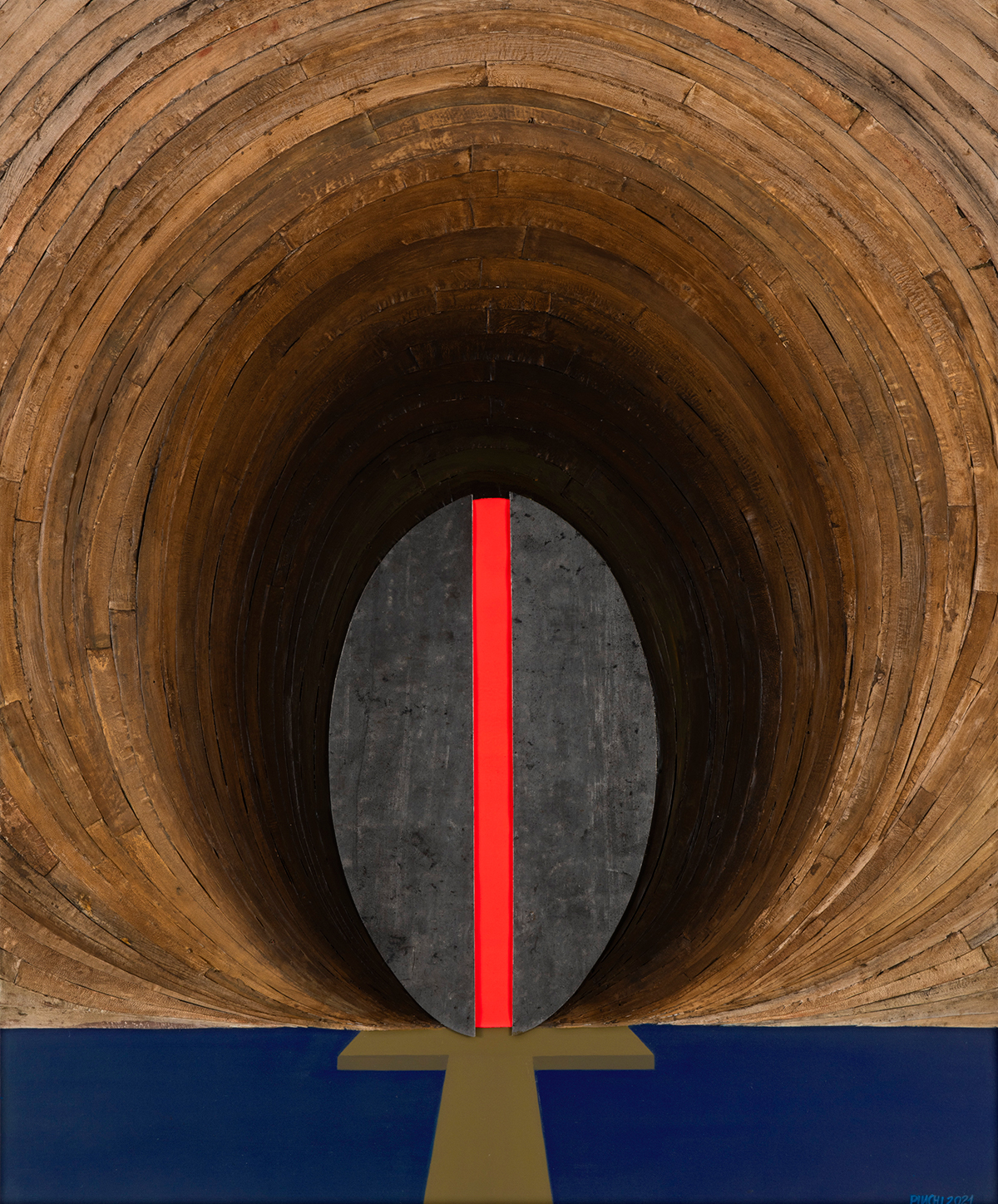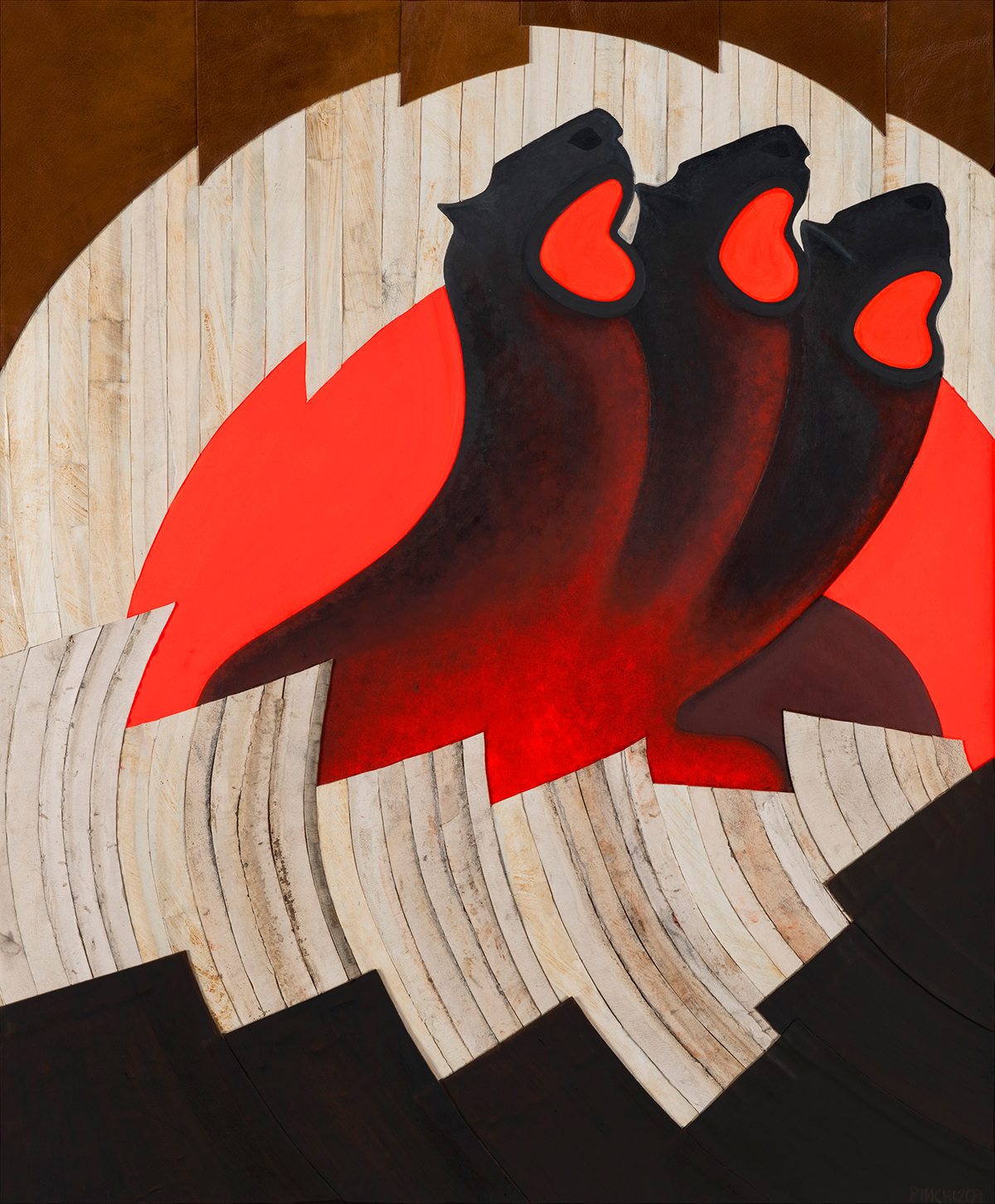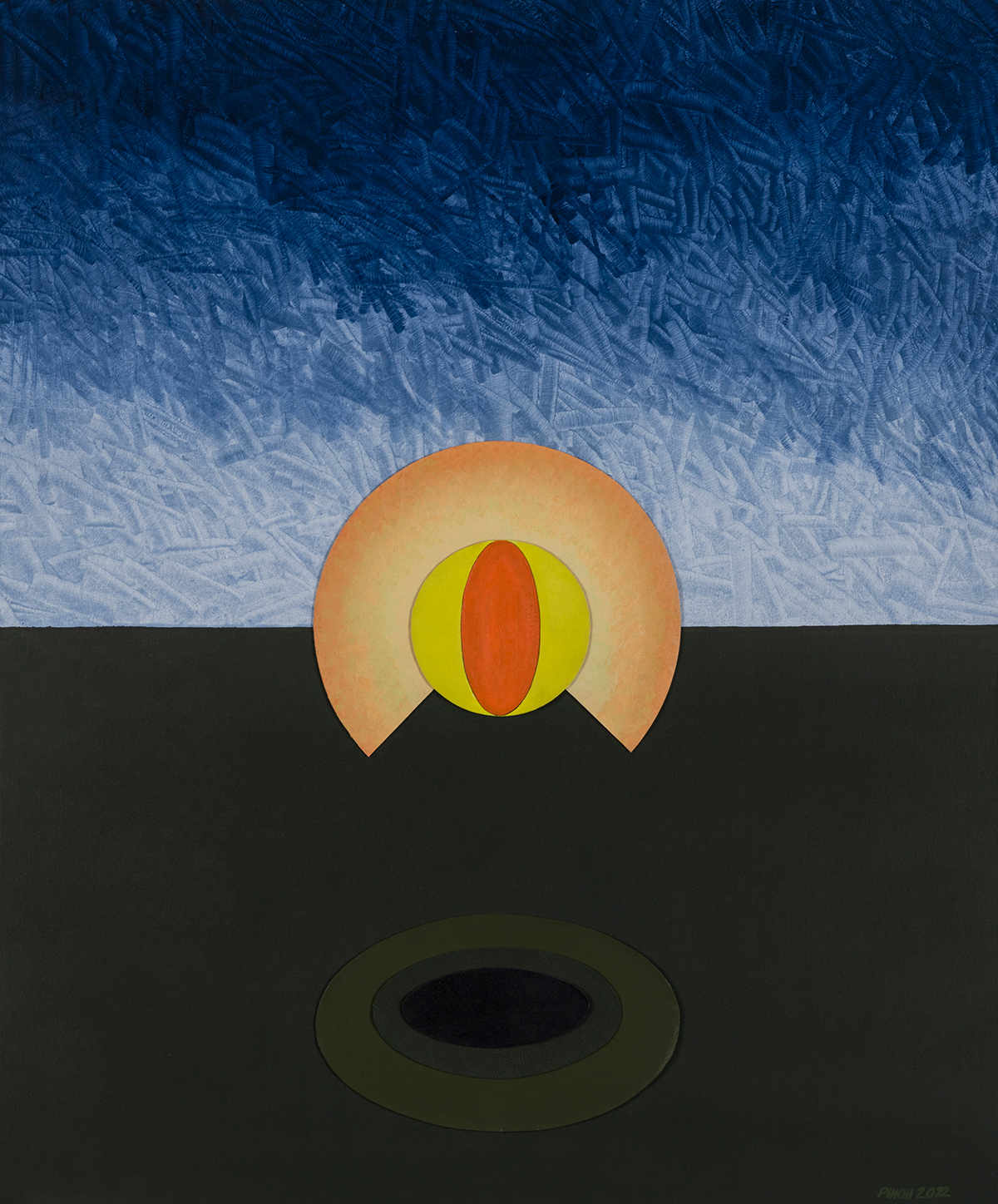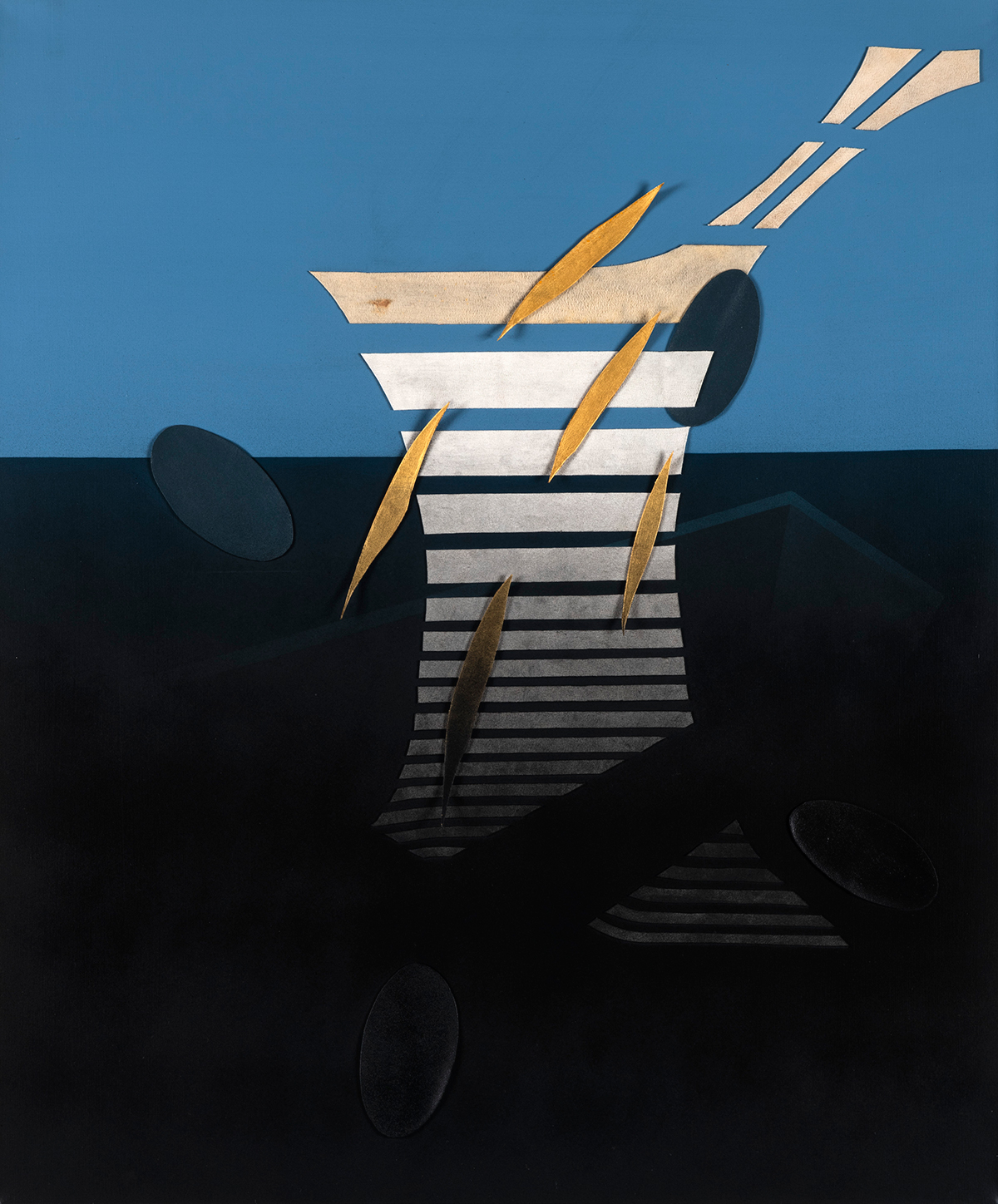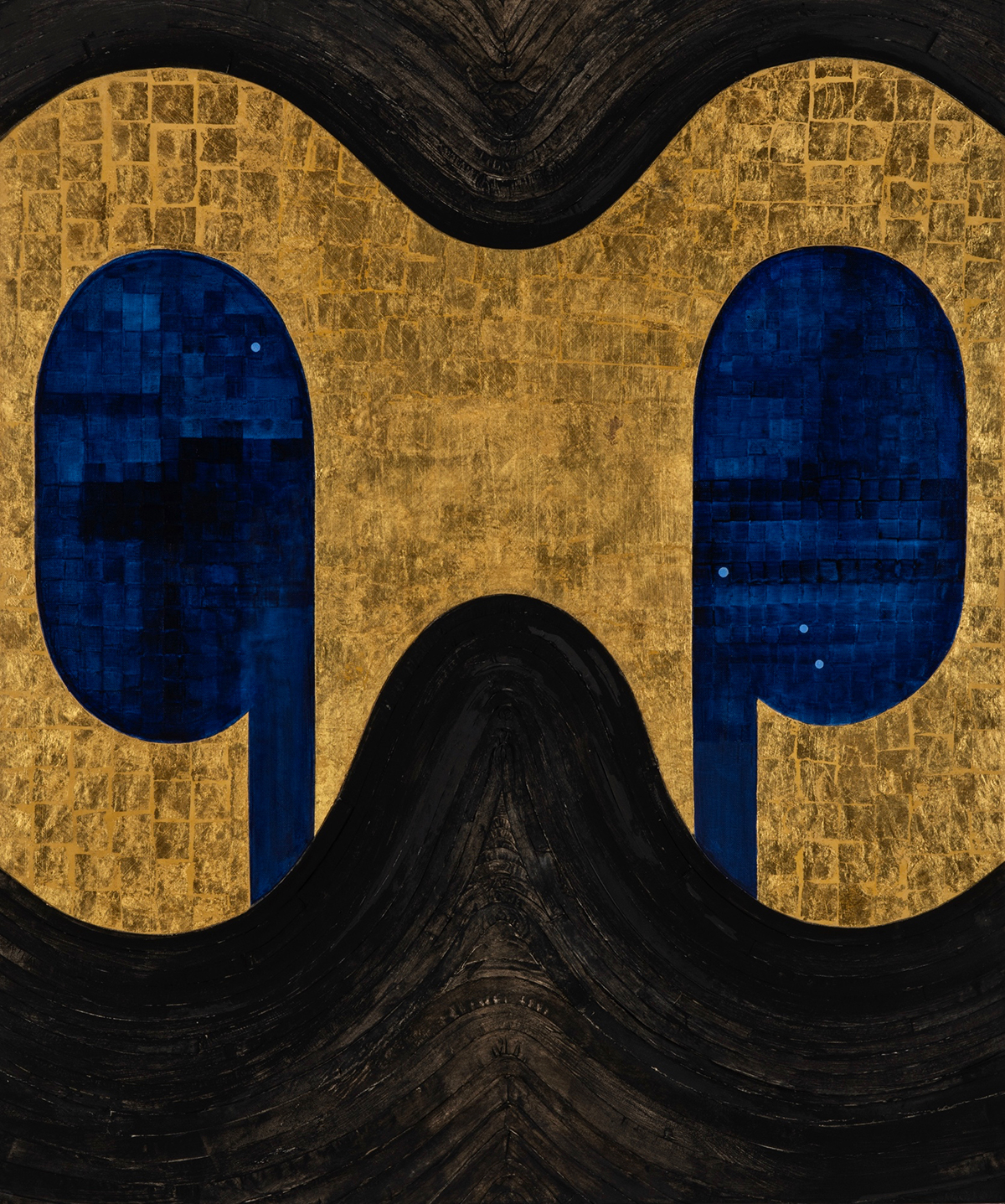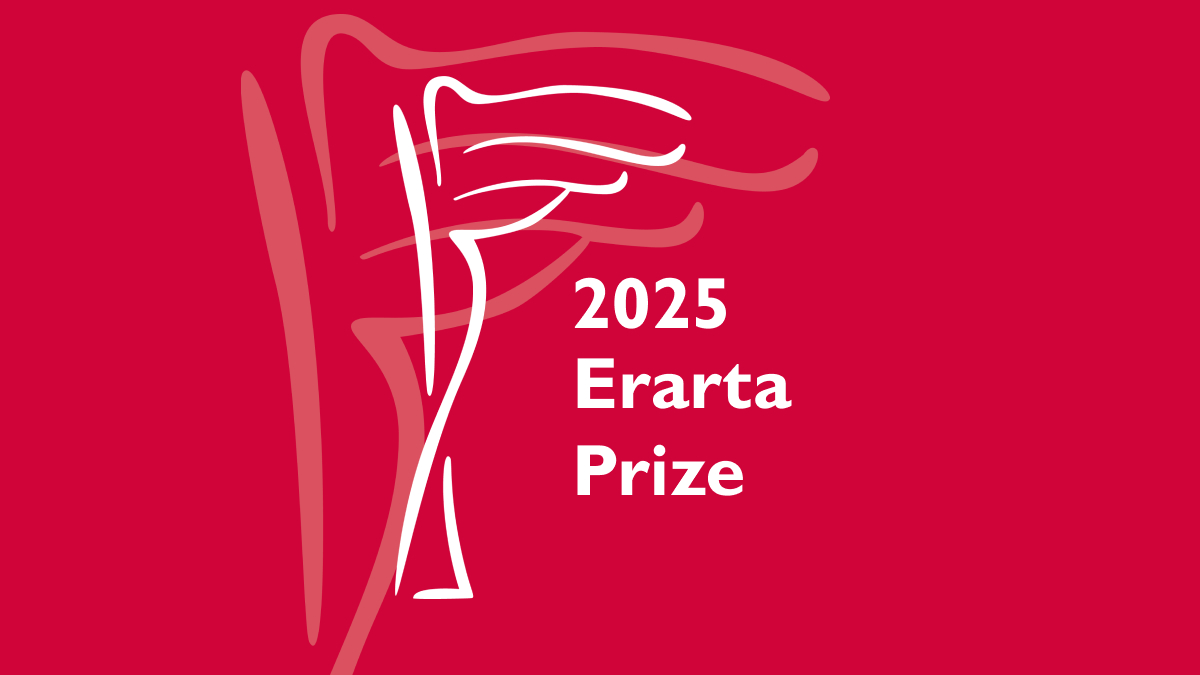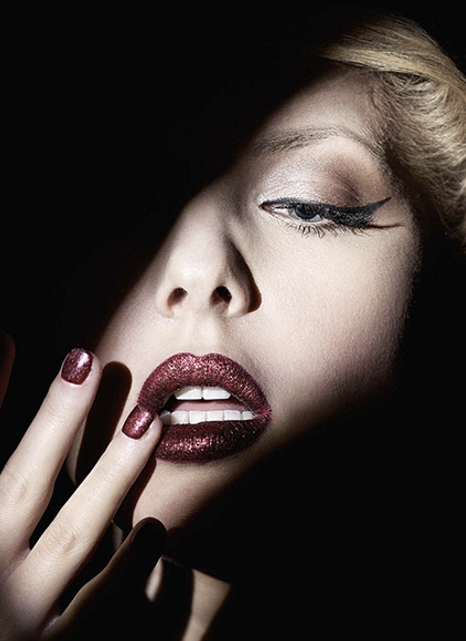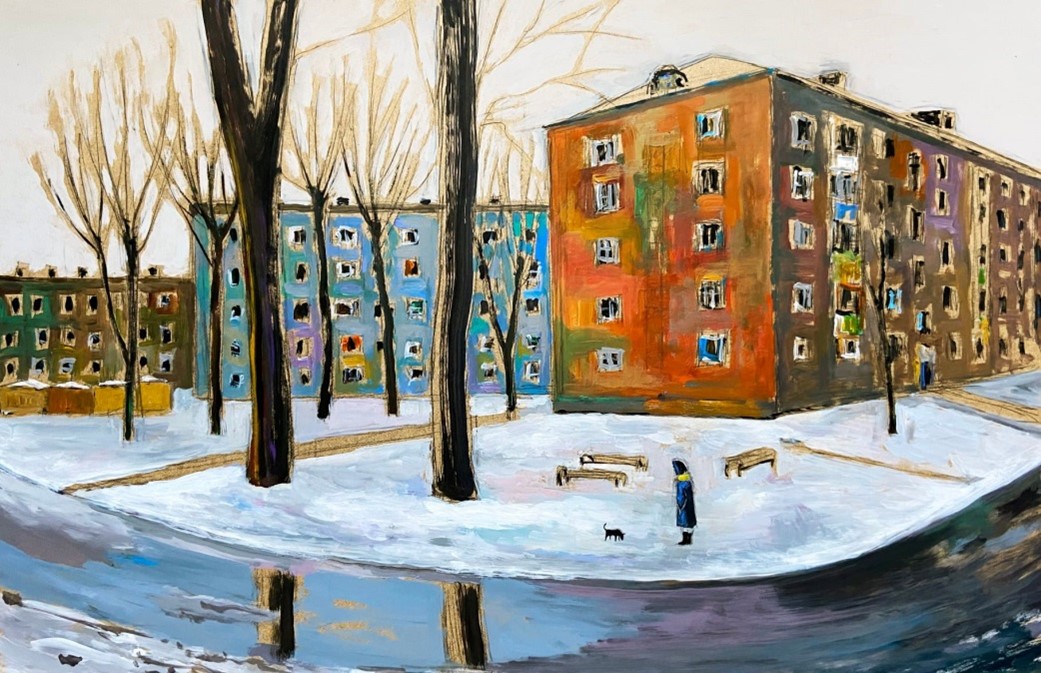Andrea Pinchi
Walks with Dante Alighieri
Erarta Museum of Contemporary Art presented an exhibition by the Italian artist Andrea Pinchi whose works celebrate Dante Alighieri’s timeless classic
-
A contemporary visual rendition of the Divine Comedy
-
A show born of a harmonious union of literature, painting, and music
-
The poem’s philosophical concepts ‘translated’ into the language of abstract art forms
The staging of this exhibition was marked by a number of auspicious coincidences and deep-rooted connections – a feature invariably investing additional potency into any incipient project. Walks with Dante Alighieri received initial impetus from the 700th anniversary of the great Florentine poet’s passing commemorated in 2021. A fact worth noting is that the creator of the 18 artworks featured in the show was born in Foligno, a town which, in the April of 1472, saw the first ever printed edition of the Divine Comedy. Moreover, since the late Middle Ages, it has been famous for its master organ builders, and Andrea Pinchi belongs to a dynasty which has been producing musical instruments, mostly pipe organs, since the 1930s.
Pinchi’s painting technique has one very distinctive quality: in his works, modern paints and avant-garde forms blend harmoniously with old materials, like pieces of antique leather used in manufacturing organ bellows. This prompted the curators to invite some prominent Italian composers to join the project. As a result, Paolo Ricci, Andrea Talmelli, Guido Boselli, and Rocco Abate came up with four organ pieces (The Innocent Spiration, Rays of Splendour, Thou Who Wast Often Named, and Undeserved Suspension respectively) that were later performed by maestro Ismaele Gatti. Entering into a dialogue with each other, the musicians also sonically bond with the version of Dante’s literary creation offered by the Umbrian artist.
Countless painters were inspired by the Divine Comedy and presented their own vision of chapters describing a journey from the depths of Hell to the ultimate realm of Paradise. Andrea Pinchi offers his own exegesis of some of the Divine Comedy’s cantos: not so much a vivid description of a man’s journey shaped by a specific historical background as a ‘translation’ of the philosophical concepts behind Dante’s cantiche into abstract forms. What we are witnessing is a profound, at times not immediately graspable reading rich in allusions to art and the Russian early-20th-century avant-garde in particular.
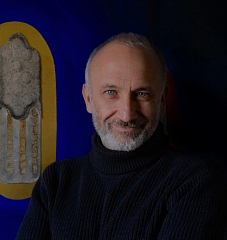
Born in 1967 into a family of pipe organ builders and restorers, Andrea Pinchi took up drawing as a child under the instruction of the Piedmont artist Nereo Ferraris, while his interest in wooden sculpture was sparked by Pietro Quagliarini. Starting from 2005, Andrea has been experimenting with new forms of expression, using in his artworks fragments of materials left over from antique musical instrument restoration projects. His debut show, Organbuilding Rebirth Project, took place in 2011 at the Palazzo Trinci Museum in Foligno, Italy. In the same year, Pinchi’s works were showcased in the Italian Pavilion at the 54th Venice Biennale. Year 2015 saw his first solo show in Rome, later followed by many other exhibitions throughout Italy, as well as in Basel (Switzerland), Warsaw and Kraków (Poland). The artist’s works have been acquired for numerous private collections and foundations in Italy, Spain, Germany, Switzerland, Belgium, UK, US, UAE, Iran, and Georgia.
In collaboration with:

Supported by:

